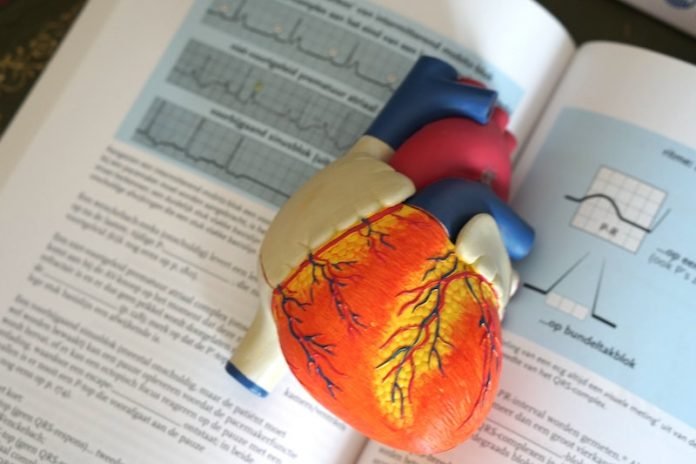
In a new study, researchers have developed a model that aims to predict the risk of people living with type 2 diabetes developing cardiovascular disease.
The model has been found to have a high prediction accuracy with a range from 79 to 88%.
The study showcases the potential of machine learning in medicine, by using complex patient datasets and compiling them to find risk factors that contribute to a higher likelihood of disease.
The research was conducted by a team from the University of Sydney.
Worldwide, nearly half a billion people live with type 2 diabetes, a progressive condition where the body becomes resistant to the normal effects of insulin.
People living with type 2 diabetes have a higher chance of developing cardiovascular disease.
However, it’s not always clear who will develop it, and testing and monitoring can be time consuming and expensive.
In the study, the team developed the model using administrative data provided by the private health fund, CBHS.
The administrative datasets were gathered from private hospitals in Australia, which contained patient admission information and discharge summaries.
The study found that the prevalence of renal failure, fluid and electrolyte disorders, hypertension, and obesity was significantly higher in patients with both heart disease and type 2 diabetes than patients with only type 2 diabetes.
These chronic diseases, disorders, and conditions occurred frequently during the progression of cardiovascular disease in patients with type 2 diabetes.
The team says machine learning and network analysis of health data can be used to better understand disease progression.
Their comorbidity risk prediction model could be useful for medical practice and stakeholders—including government and private health insurers—to develop health management programs for patients at high risk of developing multiple chronic diseases.
The team has developed a software tool, now in a beta version, to implement the model.
One author of the study is Dr. Shahadat Uddin.
The study is published in Expert Systems with Applications.
Copyright © 2020 Knowridge Science Report. All rights reserved.



